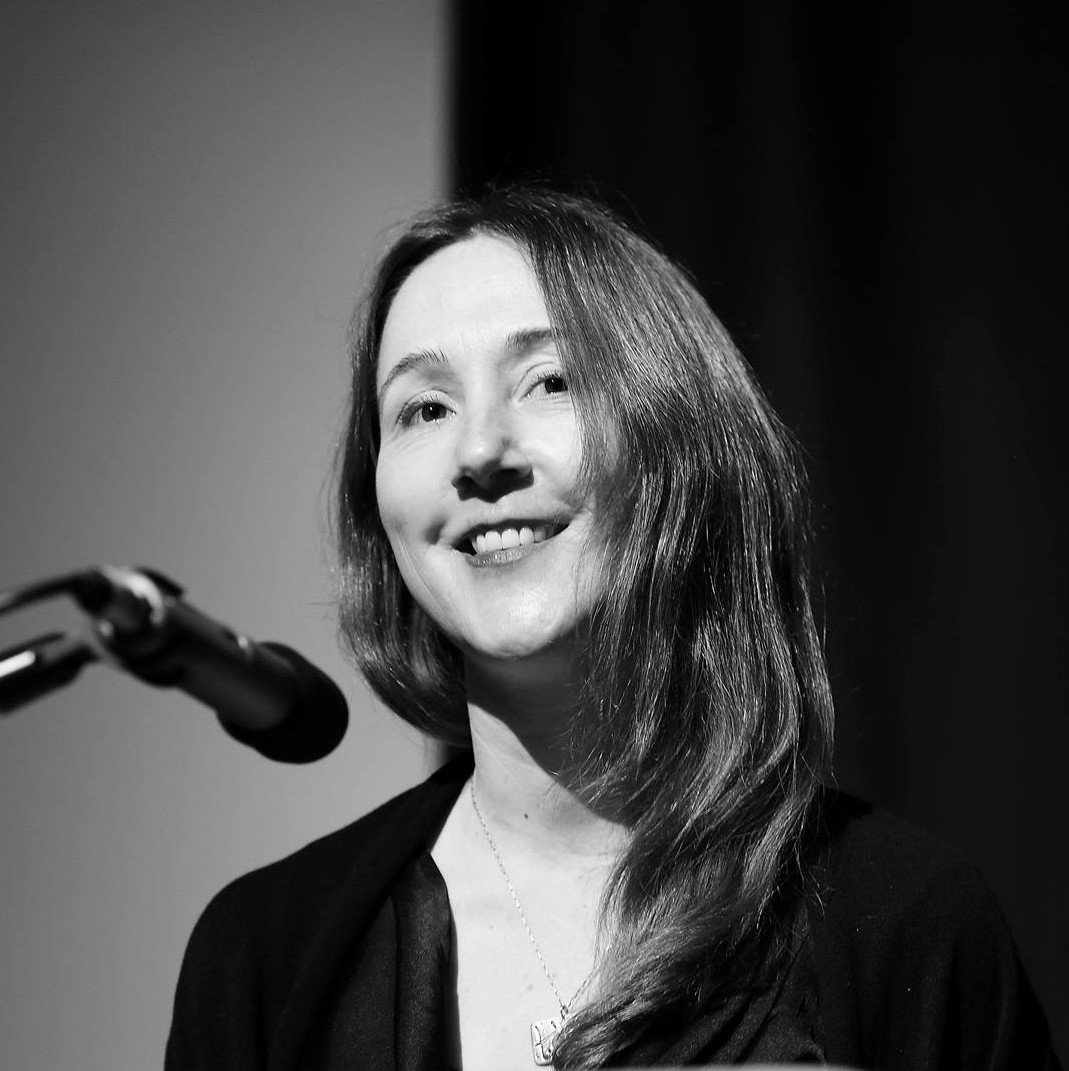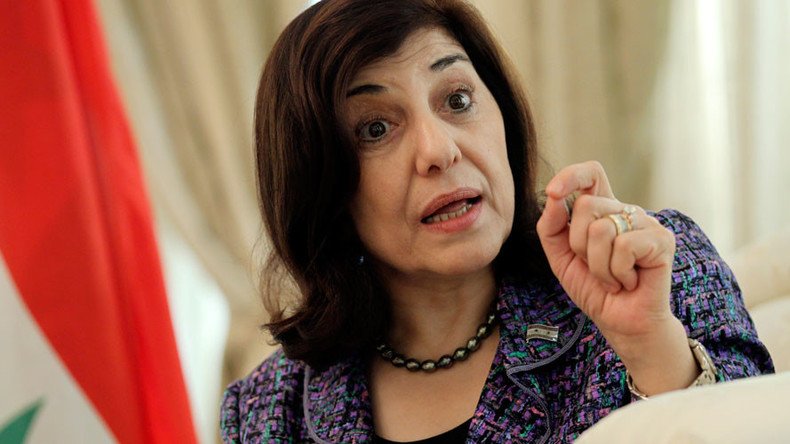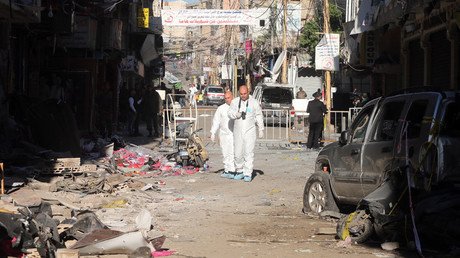In early August, Dr. Bouthaina Shaaban, Political and Media Adviser to Syrian President Bashar al-Assad, spoke with me about how the Western media is stifling Syrian voices, endlessly propagating false allegations against the Syrian government and army.
On the question of the Western media’s reaction whenever the Syrian Arab Army liberates areas from foreign-backed terrorists (the most recent examples include the liberation of Aleppo's Bani Zaid and Lairamoun industrial districts from the so-called "Free Syrian Army" (FSA), Jabhat al-Nusra, Nouriddeen Al-Zinki, and Ahrar al-Sham, among other terrorist factions), which was met with deafening silence by Western corporate media, Shaaban accused the Western media of “double standards.”
“If the West really wants to end this terrorism, why are they so upset about liberating Bani Zaid in Aleppo, which was responsible for killing thousands of civilians in Aleppo? They should have hailed the Syrian Arab Army that liberated these Syrian citizens from terrorism, and they should have hailed overcoming these terrorist groups that were sending hell into Aleppo.
“There's no real stand against terrorism,” the Syrian president’s adviser continued. “Not only do they not care about the lives of civilians in Aleppo or Syria, they don't care about the lives of civilians in Nice or Paris or in the USA. The lives of civilians in Syria is as worthy as the lives of civilians in any European country, and one should be human in this regard.”
Comparing the Russian method of battling terrorism in Syria to the Western coalition forces, Shaaban said the Western forces lack the necessary will to fulfill their mission.
“Russia believes that terrorism is a world-wide cancer, and therefore it should be fought truly and drastically in Syria so that it doesn't get to other countries. But the West doesn't have this conviction, doesn't have this will or intention.
Government amnesty actions ignored
The Syrian government has since the start of the war shown a willingness to work for a political solution, including the establishment in 2012 of a Reconciliation Ministry, which has overseen numerous reconciliation agreements that allow Syrians caught up in the war to surrender their weapons and receive an official pardon.
Yet, this willingness to offer a political means of re-joining Syrian society has been ignored in the Western media.
“Regardless of what [anti-government mercenaries/groups] did, the President issued a decree to grant them clemency, and he called on all of them to return to their country and be constructive in rebuilding their country, with no punitive measures against them. This is maximum forgiveness. I don't think any other country or president would do that.
Still, this has not been mentioned in Western media, at all. Not even by the UN mediator, he did not mention this at all, which tells you volumes about the 'efforts' they are making for a political solution in Syria.”
At this point in the interview, the Syrian president’s political and media adviser had harsh words for the present state of the Western media, which she said routinely “falsifies the facts”.
“There's no free press in the West. There is a corporate media who have an agenda and who try to portray everything according to that agenda. Either they're labeling accusations against us or falsifying facts and reporting things that have nothing to do with the truth...
Shaaban lamented that because the media has "demonized us in the eyes of Western people," the Western people "don't know who we are".
"We don't have a voice with Western people. We have no channel of communication; the corporate media is blocking the channels of communication between us and the West," she continued.
The conversation then moved to the recent announcement that Jabhat al-Nusra's had changed its name and whether this means they are somehow no longer terrorists.
“They are terrorists,” Shaaban responded. “It is the deeds that matter, not the name. This is good for a Hollywood film: a terrorist organization that has been killing in Syria for five years and is an offshoot of al-Qaeda is now changing its name, which means that it has become a 'moderate opposition'. This is absolutely ludicrous, and no sensible person should take this seriously.”
Shaaban expressed serious reservations over the term ‘moderate opposition,’ which she said does not exist in Syria.
“There is nothing in Syria called 'moderate opposition'. All of those criminal groups are killing people, confiscating land, looting hospitals and factories, and they are all the same, no matter what names they might take.”
The UN Resolution that disappeared
Shaaban also spoke on the West’s fight against terrorism, which she described as a “farce.” To support the assertion, Shaaban pointed to Western leaders and the UN itself disregarding UN Security Council (UNSC) Resolution 2253, which entails stopping terrorism in Syria. At the same time, they support UNSC Resolution 2254 and NATO’s alliance plan of implementing a change of government in Syria.
“I would like anybody in the UN to answer this question: You want to implement 2254? Why don't you mention 2253? They should be dealt with with the intention in which they were taken: implement 2253 first, and then it would be very easy to implement 2254,” Dr. Shaaban asserted.
Indeed, the focus of UNSC Resolution 2253 is specific to actually stopping terrorism of “ISIL (also known as Da’esh), Al-Qaida, and associated individuals, groups ..” in Syria, after which a political resolution could follow. Stipulations include a cessation of funding terrorist groups (including ransom payments), travel bans, an arms embargo, and to “bring to justice, extradite, or prosecute any person who supports, facilitates, participates or attempts to participate in the direct or indirect financing of activities conducted by ISIL, Al-Qaida and associated individuals, groups...,” as noted in the UN Press Release regarding the resolution.
On the subject of UNSC Resolution 2253, Dr. Shaaban had this to say: “It is a Security Council resolution and it was issued under the 7th Chapter, so it is more obliging than 2254. And yet even the UN people don't mention it. This is the double-standards of the West: they address their audience with having a stand against terrorism and wanting to fight terrorism, when in reality they are facilitating terrorism and not even mentioning even a Security Council Resolution under the 7th Chapter, that was taken 24 hours before 2254.
I think they don't mention it because 2253 has the prerequisite of stopping terrorism in Syria, because it speaks about a punishment for financing, arming, facilitating terrorism into Syria. And if this resolution is implemented, it means that the Turkish border should be closed, it means that Saudi Arabia and Qatar should be brought to task because of financing the terrorists, it means that there would be no justification for more terrorists to cross the border and come to Syria.”
Regarding the disappearance of 2253, unimplemented and not discussed, Dr. Shaaban concluded what this means to her: “First, is it tells me that those who have taken this decision, including the UN and the West, are not serious in fighting terrorism. In fact they don't want to fight terrorism. They want to employ terrorism for their own purposes, and threats to fulfill their agenda, through using the weapon of terrorism.
Second, they would not be able to implement 2254, with all the good intentions on earth, because in order to implement 2254 you need to fulfill the prerequisite of at least controlling terrorism. Otherwise, how can you reach a political solution in Syria? How can you negotiate, how can you liberate Raqqa, Deir ez-Zor and the rest of Aleppo, unless you first undermine terrorism?
There is no real international will to stop this war on Syria, no matter what they are saying. It's not important what they say, it's important what they do. Unfortunately, it is the Syrian people that who are paying the price, first and foremost.
Those who targeted Syria from the beginning, whether they are regional or international partners, they do not want this war on Syria to end. Thus, it is becoming like a war of attrition against the Syrian people.
The statements, views and opinions expressed in this column are solely those of the author and do not necessarily represent those of RT.



